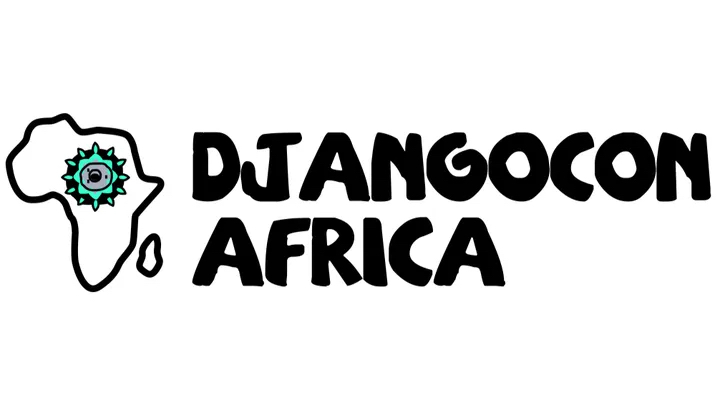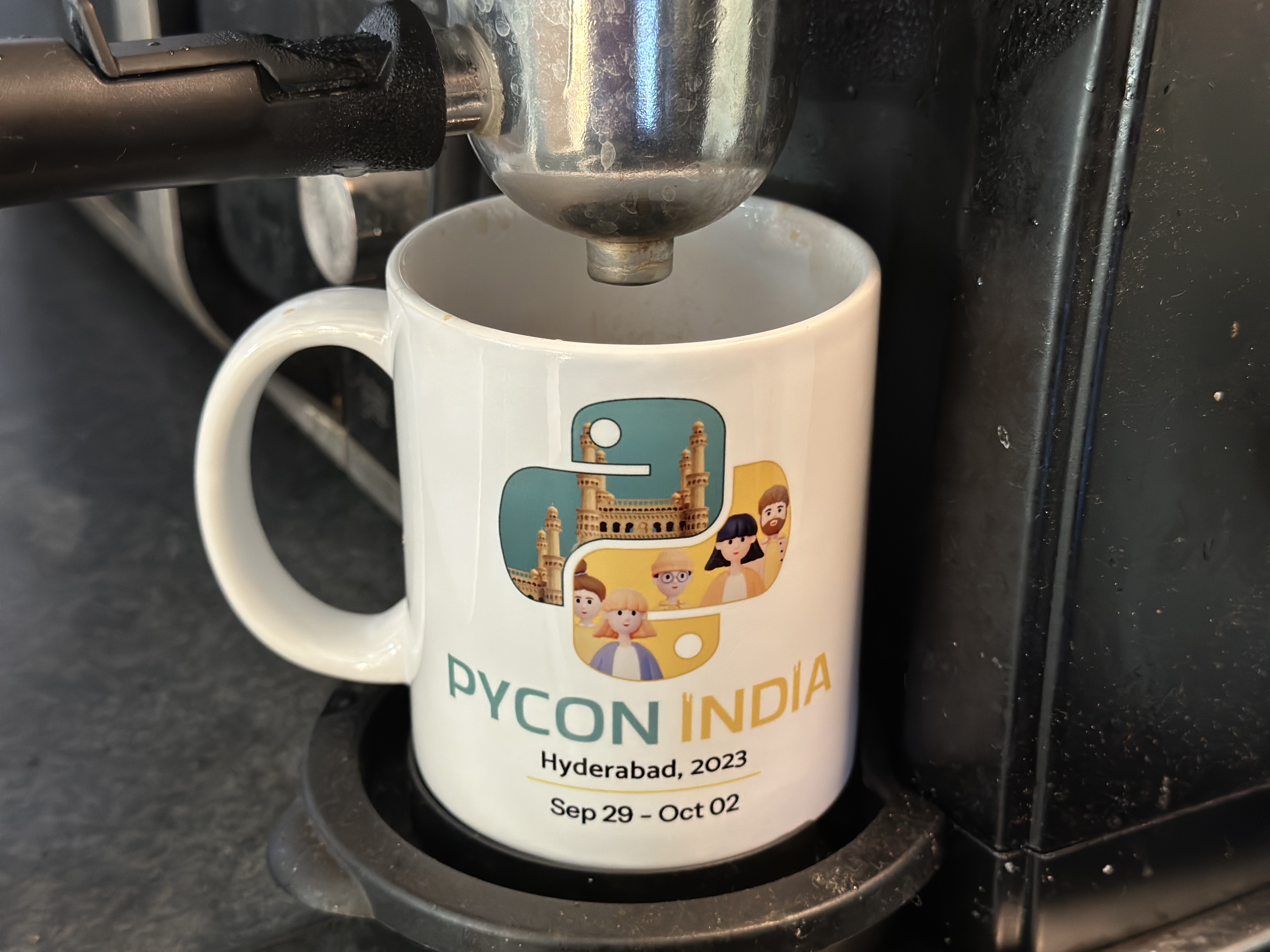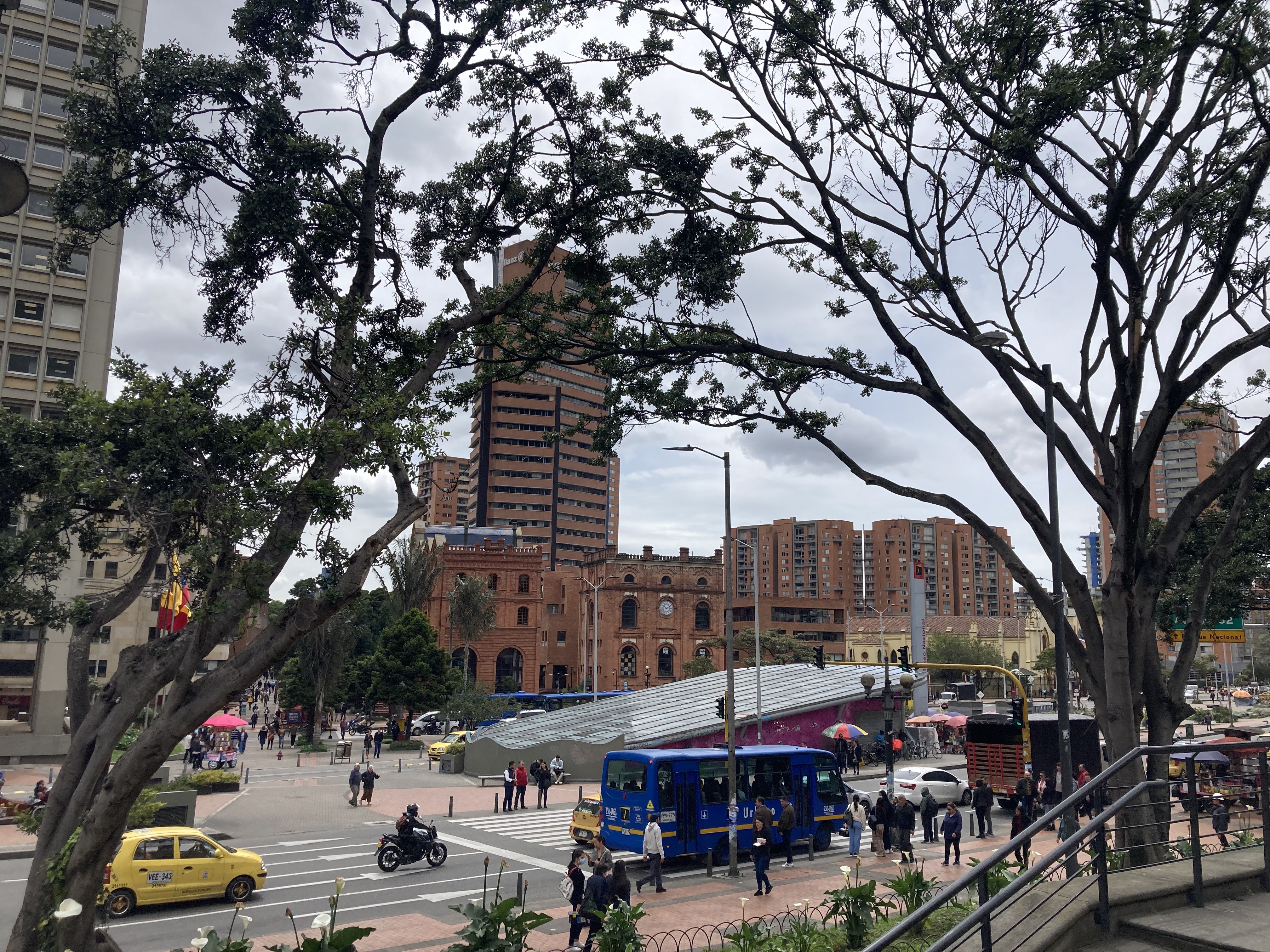DevRelCon Yokohama
My first time speaking at DevRelCon would be in this amazing city! I have always wanted to visit Japan again and this year. DevRelCon in Japan would be in Yokohama.
I’ve enjoyed unofficial speakers dinner #DevRelCon pic.twitter.com/gDX34edfx0
— Atsushi@MOONGIFT (@goofmint) March 9, 2023
I arrived the evening before the event, and catch some of the speakers after they have dinner and we went to a mega-store - Don Quijote for late-night shopping. I almost forgot how convenient major Asian cities are and there are still many people walking around when it’s 10 pm.
Day 1
The conference started at mid-day, so before the conference, I had a huge breakfast at the hotel with other speakers and then wander around town a bit.
Breakfast with @DevWithTheHair @virtualized6ix @cheukting_ho pic.twitter.com/7tUk3IUhh2
— Avie Dojo🇵🇭🇯🇵 (@AvieDev) March 12, 2023
Then we have some light food and then head to the conference.
We have quite an interesting lineup of speakers on the first day. First, we have a Keynote by Jun Fujita who talked about the uniqueness of the Japanese market. One thing that I agreed with the most is the localisation need.
First keynote by Jun Fujita about the Japanese market @DevRelConTokyo pic.twitter.com/69Ub1tVA6F
— Cheuk Ting Ho at DevRelCon Yokohama (@cheukting_ho) March 10, 2023
Then we have Joel, who talked about his practice in approaching conferences. It’s a useful reference for our strategies in the future.
Next we have a meta presentation about presenting by @joel__lord at @DevRelConTokyo pic.twitter.com/IidlAZusg5
— Cheuk Ting Ho at DevRelCon Yokohama (@cheukting_ho) March 10, 2023
We also have Kim Maida talk about a highly quantifiable metric to measure DevRel values - Keystone DevRel Metrics. It’s worth sharing with the team.
Next we have @KimMaida talking about how to measure DevRel values @DevRelConTokyo pic.twitter.com/lQao3cAmVi
— Cheuk Ting Ho at DevRelCon Yokohama (@cheukting_ho) March 10, 2023
Marino talked about how to learn in public. It inspires me to do more streaming again.
After the break we have @virtualized6ix talking about learning and sharing in public @DevRelConTokyo pic.twitter.com/R2wGU8h1Jy
— Cheuk Ting Ho at DevRelCon Yokohama (@cheukting_ho) March 10, 2023
After that, we have the speaker dinners, since it is a joint event with DevRel Japan, we have a mix of international speakers and local speakers. We all socialise together despite the language barrier.
Folks <3
— Alenka🇯🇵 @llamakarl@hachyderm.io (@gingy_love) March 10, 2023
Cannot believe Day 1 is already over💕@DevRelConTokyo pic.twitter.com/SfTa1Ne3Nn
We all have a fun night. After a short break at the hotel and doing some work, I was invited to a Karaoke party.
@DevRelConTokyo speaker dinner is 🎊👍🏻🥰 pic.twitter.com/DQRIfRUJiP
— Cheuk Ting Ho at PyCascade (@cheukting_ho) March 10, 2023
Day 2
On the second day of the conference, we have only one track in the morning so I didn’t miss any talks.
First, the keynote is about how Google is doing DevRel in Japan.
Start of day 2 of @DevRelConTokyo we have keynote by @taquo from @Google Japan about develop ecosystem in Japan pic.twitter.com/sX3lkjDkf5
— Cheuk Ting Ho at PyCascade (@cheukting_ho) March 11, 2023
Then, we have Caroline talk about the Developer Journey Map, she encouraged us to play Bingo during her talk and there was a book giveaway.
After lunch we have @CarolineLewko with her Star War skirt talking about Developer Journey @DevRelConTokyo pic.twitter.com/Wf7zjaKYbU
— Cheuk Ting Ho at PyCascade (@cheukting_ho) March 11, 2023
At lunch, we have the option of sandwiches, mini burgers or bento boxes. I don’t even have a second thought and go straight to the fancy-looking bento.
ランチタイムは美味しいお弁当をお楽しみください!#DevRelJP pic.twitter.com/rWTE8wF76W
— DevRel Meetup / 定期イベントは11月2日、カンファレンスは3月10〜11日 (@devrelTokyo) March 11, 2023
Lunch at @DevRelConTokyo full filled my fantasy for bento 🍱 pic.twitter.com/uyGjDdwzAM
— Cheuk Ting Ho at PyCascade (@cheukting_ho) March 11, 2023
After lunch, we split into 3 tracks and in the Suntory tract, have more talks before mine. For example, Hannah talked about the pain to get her company to approve using Meetup.com for organising community events.
Next we have @palindromeotter talking about DevRel tools @DevRelConTokyo pic.twitter.com/b8gSyY3KsM
— Cheuk Ting Ho at PyCascade (@cheukting_ho) March 11, 2023
And Salih talked about how to create suitable content for everyone.
Next we have @salihgueler talking about Creating Content For Everyone @DevRelConTokyo pic.twitter.com/9hG7mzs9J9
— Cheuk Ting Ho at PyCascade (@cheukting_ho) March 11, 2023
Then it’s my talk. It is very nervous as the topic that I talked about is very controversial - about the pitfall of a very popular event. The representative was sitting in the audience so I may get some interesting questions at the end. luckily the questions that I was given were very good and I was very careful to present the topic purely from the perspective that we want to make the open-source community better. The talk was recorded (to be published).
After the break @DevRelConTokyo it will be my talk ❤️ exciting pic.twitter.com/1G2SZ3kb4o
— Cheuk Ting Ho at PyCascade (@cheukting_ho) March 11, 2023
After my talk, there are a few more talks before the closing. One of them is by two Japanese speakers from the Jagu’e’r community (a community supported by Google Cloud) who dressed up as Pokémons.
Last of today @DevRelConTokyo we have @ryoo_aki and @tmassh (not Pokémon) from Jagu’e’r community presenting pic.twitter.com/hrtBT1KKkF
— Cheuk Ting Ho at PyCascade (@cheukting_ho) March 11, 2023
After that, we have to move to another room for the closing, we also took a group photo (which was a challenge as the room is small and we have quite a big crowd). Everyone cooperated to get the picture taken as we cannot wait for the after-party.
Thank you everyone for the great conference, especially for the organisers @DevRelConTokyo pic.twitter.com/COeOe0w6TT
— Cheuk Ting Ho at PyCascade (@cheukting_ho) March 11, 2023
Group photo at #DevRelCon Yokohama 2023 & #DevRel/Japan CONFERENCE 2023. Thank you for participate everyone! See you next year! https://t.co/bNhwwSwhJ1 pic.twitter.com/fWk54nIBDr
— DevRelCon Yokohama 2023 (@DevRelConTokyo) March 12, 2023
What is not expected is that, when the conference is finished, it is followed by a lot of after-parties. First, on the 3/F floor of the same building. We have lots of food and slides Karaoke - you are given 5 random pictures and a random topic to do an improvised presentation. After a few drinks, I volunteer to do it… in Japanese. I finish my very random talk with very limited Japanese… but the magic happened, other local attendee start talks to me, in some English and some Japanese. I feel that I have gained their respect by trying. They start asking me questions about why I come to Japan, everyone is very friendly and we had a good chat.
Since I am super tired and with the influence of the alcohol I decided to be wise and head to my hotel for a short break. I have heard there will be real Karaoke after the party (again!) so I need that rest. After a short rest and a coffee, I head to the Karaoke place and the room is full of people - there are more than 20 of us. I was told later that Karaoke place double as a co-working place… it only happens in Japan (p.s. I later found another co-working place that offers a sauna as well… only in Japan). Any songs can be popping up on the screen - Japanese songs (including anime songs), English/ American pop classics. The atmosphere is very nice and everyone is very friendly and supportive. I have been to Karaoke in many countries but in Japan, they cheer for anyone who was singing whenever a song finishes. It was a wonderful experience.
#DevRel Karaoke is starting!! #DevRelCon pic.twitter.com/0jdBSrd2d7
— Atsushi@MOONGIFT (@goofmint) March 11, 2023
After that after party, there is another one… although the number of people joining drastically drops. We went to a typical Japanese Izekaya where we have gotten standing tables. We drank a bit more and have Izekaya snacks. The one I like the most is Kakitori (grilled chicken). My new Japanese friends are more talkative after a few more drinks and Ryota mention that his presentation partner Toshi didn’t speak English before and now he is chatting with us in English. I think the same goes for my Japanese. I am so glad that we can learn from each other.
Other events in Japan
Because PyCascade is in Vancouver next week, I think it makes more sense for me to stay in Japan for a few more days rather than going back and forth for one more 10-hour long flight. But I do not waste any time when I am in Japan. I want to meet up with my friends and explore the tech industry here a bit more.
Infobip meet up at IDEO
It’s a meetup run by Infobip. Some of their DevRels are in town for DevRelCon so they grab this opportunity to have a meetup at their Tokyo office. Most attendees are expected and some of them are looking for a new role. There are around 30 people in the room. The penal session centred around startups in Japan and it was interesting knowing how different the Japanese industry is different from Europe.
Panel session pic.twitter.com/JNQ4zuNBkO
— Cheuk Ting Ho at PyCascade (@cheukting_ho) March 13, 2023
Speaking at Le Wagon
I was invited by my friend to speak at the career fair at Le Wagon, where they trained people who want to change their careers in the tech industry. The school itself originated in France. The atmosphere there is very western. Everyone speaks English and the office/ learning space looks just like any shared office in London.
I gave a talk about open-source software, what is it and why contributing to open-source can benefit someone like students, who are changing careers.
I also got a chance to meet up with Iqbal, the organiser of PyCon APAC in Japan. It’s good to catch up with him to talk about the community. I feel like now I am part of the APAC team as well.
@cheukting_ho addressing the new comers to our industry and introducing the wonders of open source. Among the questions asked were, "why would big companies do open source" and "do you get people who ignore the code of conduct" or thereabouts. pic.twitter.com/L9jQuL2byE
— Iqbal Abdullah 🇯🇵 🇲🇾 🇪🇪 (@iqbalabd) March 14, 2023
Datadog x Contentful Meetup at WeWork Tokyo
After speaking at Le Wagon, I went to the meetup at WeWork Japan. It looks just like any other WeWork we have in London but the decoration are Japan-themed. This time the meetup is smaller, maybe around 15 people at the end. But we have a good chat and again most of the attendees are expected attendees of DevRelCon.
We got a successful the first time meetup event #Datadog and #Contentful 🎉
— Taiji (@taiponrock) March 14, 2023
Thank you for attending the event! And see you again soon! pic.twitter.com/5gd8GWgevs
Both speakers are speakers at DevRelCon and I guess that also explains the collaboration between Datadog and Contentful.
Next talk is by @taiponrock at #datadog pic.twitter.com/wxJk34GpJB
— Cheuk Ting Ho at PyCascade (@cheukting_ho) March 14, 2023
Meetup with a future colleague
Before I head to the airport to PyCascade, I managed to get in touch and meet up with our future colleague in Japan. We went for a coffee and chat a lot. He is a very nice person and I cannot wait to work with him closely when he officially joins.
It has been a very busy trip. There is so much going on and all the speakers are ready to socialise so I spent a lot of them meeting and socialising with new and old friends, especially the organisers in Japan, who are so hospitable and bring us to many places including local Izakaya and Yakineku places. Can’t wait to see them again at other events.



